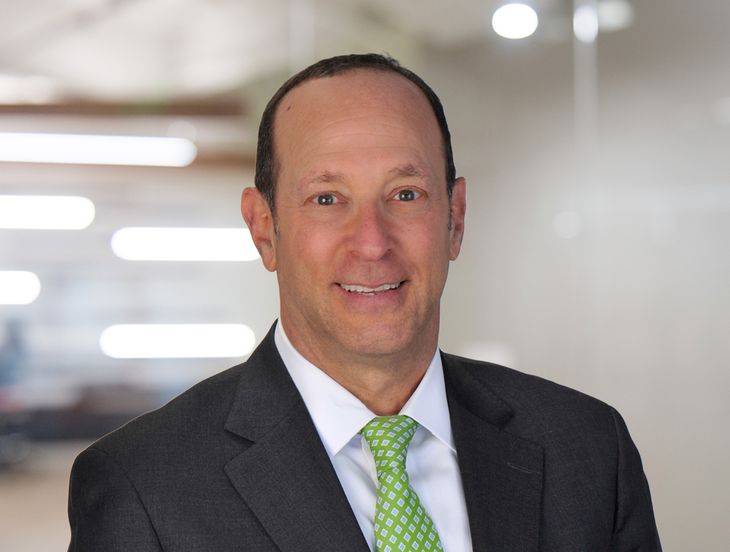California Jury Punishes Former Employees for Unfair Play-Only Lawful Competition is Sacrosanct!
Insights
3.04.18
Notwithstanding California's strong public policy in favor of lawful competitive behavior, California employees' duty of loyalty to their current employer reigns supreme. A violation of that duty can lead to costly jury verdicts in favor of the employees' former employer. This was illustrated in the recent case, AeroVironment vs. Gabriel Torres, Justin McAllister and Jeff McBride, Case No. 56-2015-00465460, Superior Court of California, County of Ventura.
AeroVironment is a California government contractor that develops drone technology. It hired the three defendants to work in its engineering department where the company was developing its coveted drone technology. Torres started as an engineer but eventually became the lead engineer in the company's systems department where he was responsible for leading much of the development of the technology that became an issue in the litigation. When he resigned, he told the company that he was not going to work any longer and instead would stay at home with his children. None of the defendants shared with AeroVironment that they had, in actuality, been planning to compete. In fact, they had already formed a company for which they would all eventually work after their resignations.
All three defendants had previously signed agreements with AeroVironment to keep the company's proprietary information confidential and to not engage in any competing businesses during their employment.
After AeroVironment discovered the defendants' unlawful activities, it sued, claiming that the three defendants stole its inventions and other confidential information that they then used to develop a prototype of a drone camera to sell in competition with Aero. After trial, the jury awarded AeroVironment $2.4 million in damages, including punitive damages, against all three defendants. The jury found that the defendants breached their agreements with Aero and engaged in fraud.
This outcome reminds us that even in California, juries will hold former employees accountable for stealing protected information of their former employers and for forming competing businesses and actively developing them while they remain employed and being paid by the former employer. In general, California employees may prepare to compete as long as they are not actually pursuing competitive enterprises while employed and using their employer's resources to do so. However, these defendants went too far in the jury's view. The case demonstrates that employers should ensure that their employees sign basic confidentiality agreements as well as agreements that they will not compete during employment. This can also be accomplished with strong written policies, including handbooks that prohibit conflicts of interest and describe the employer's expectations for maintaining confidences.
Often the former employer may not have the evidence to develop a viable claim for misappropriation of trade secrets. However the employer may still have the basis to bring other claims to prevent the unlawful competitive activity, such as breach of contract and breach of the duty of loyalty. These claims can be predicated on standard confidentiality agreements, which may be easily presented to employees upon hire. They are routinely enforced by California courts.
An ounce of prevention is a pound of cure. California employers who wish to remain competitive should take these simple steps, as AeroVironment had done, to protect their important technologies. The existence of standard agreements was key to its success at trial.
Related People
-
- Jason A. Geller
- Regional Managing Partner
